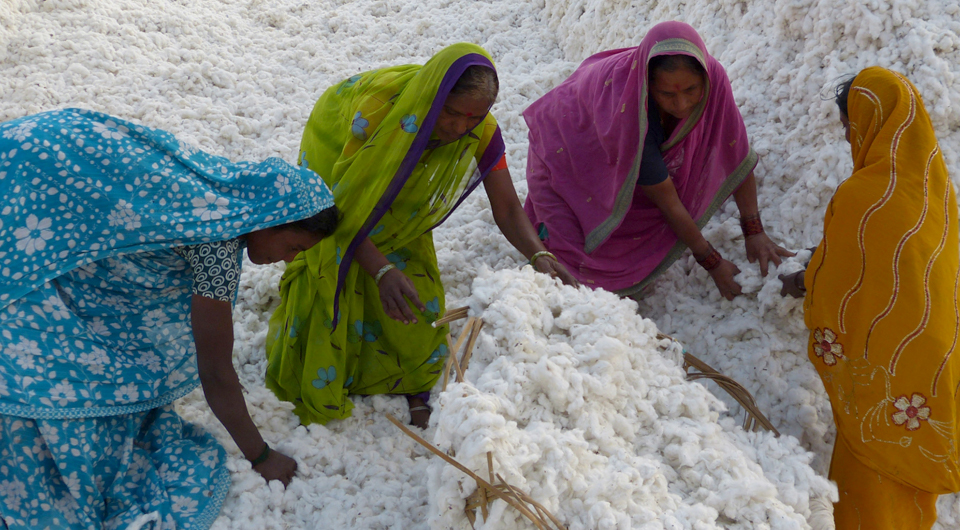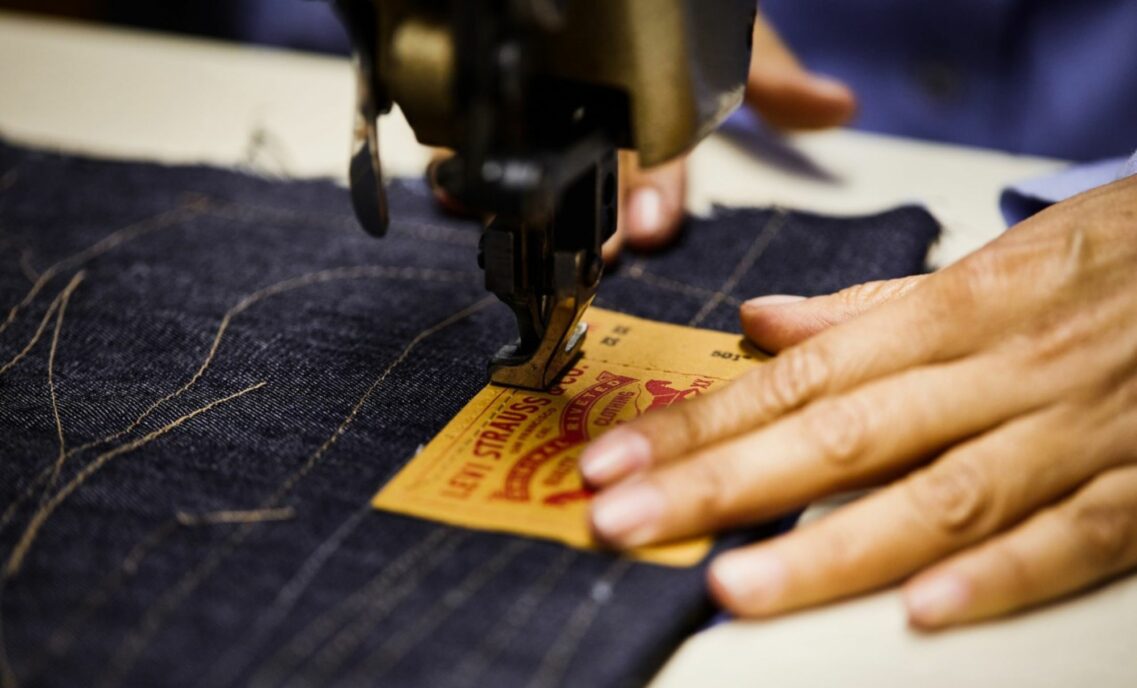Editor’s Note: The following Q&A was originally published on the Better Cotton Initiative’s blog.
Levi Strauss & Co. is a founding member of the Better Cotton Initiative (BCI), having joined the initiative in 2010. As BCI celebrates its tenth anniversary this year, BCI caught up with Michael Kobori, Vice President of Sustainability at Levi Strauss & Co., to discuss the fashion industry’s shifting attitude toward cotton production and sustainability.
What led Levi Strauss & Co. to become a member of BCI?
In 2008, Levi Strauss & Co. completed an environmental product lifecycle assessment. We saw that cotton had a rather significant impact on our environmental footprint. As a company, we were actively looking for ways to reduce those impacts. The Better Cotton Initiative addressed many of the issues that we were concerned about in cotton production including water use, chemical use and farmers’ ability to improve their livelihoods. Being a member enables us to support farmers directly by investing in improved practices at field level. BCI’s system of mass balance also means we can continue to source cotton from around the world without disrupting our existing supply chains.
What do you think has contributed to BCI’s success over the past decade?
It struck me straight away that BCI was a truly global and multi-stakeholder initiative. In early meetings, we had people from different organisations and industries coming together – from farmers to NGOs and retailers – to work towards the same objective. Everyone was committed to the end goal of making global cotton production more sustainable. BCI has also had the right leaders at the right time in its Executive Group and on the BCI Council, driving the initiative in the right direction. I’m delighted to have been elected to serve on the council until 2022 and look forward to contributing to shaping BCI’s future. I’d also say that funding and support from IDH, the Sustainable Trade Initiative, has been invaluable in helping BCI to grow and expand its programme.
How does being a member of BCI create value for retailers and brands?
Being a member of BCI demonstrates to consumers and shareholders that an organisation is committed to sourcing sustainable raw materials and supporting sustainable cotton. At Levi Strauss & Co., cotton accounts for 93% of all the raw materials we use for products, so it is a critical commodity for us. BCI has been crucial to both helping us reduce our impact on the environment and bringing that story to our key stakeholders.
Where do you see BCI heading in the next decade?
BCI is on a great trajectory. Better Cotton is going mainstream and is a commercially viable option for retailers and brands. I’d like to see more retailers and brands come onboard, source Better Cotton, and really help push BCI past its target to account for 30% of global cotton production by 2020. Then BCI can focus further on utilising technological advances to reach greater numbers of farmers with field-level training and capacity building. I would also like to see the Better Cotton Standard being adopted and integrated into governmental agricultural programmes and really embedded within cotton production practices.
Where will retailers and brands focus their attention in the coming years?
Some retailers and brands are setting and achieving targets to source 100% of their cotton as more sustainable cotton. Some organisations already source 100% of their cotton as Better Cotton. They may now be exploring where they go next and how they integrate other sustainable fibres into their sustainable materials portfolio. It’s likely that new innovative fibres will emerge in the coming years. For example, at Levi Strauss & Co., we are beginning to experiment with cottonised hemp, which is hemp that’s been altered to feel like cotton. There is definitely an opportunity for BCI in the long-term to expand the Better Cotton Standard System to other crops and fibres, not just cotton.
The Better Cotton Initiative (BCI) — the largest cotton sustainability programme in the world — aims to train 5 million farmers worldwide on more sustainable agricultural practices, and account for 30% of global cotton production by 2020. Learn more here.







